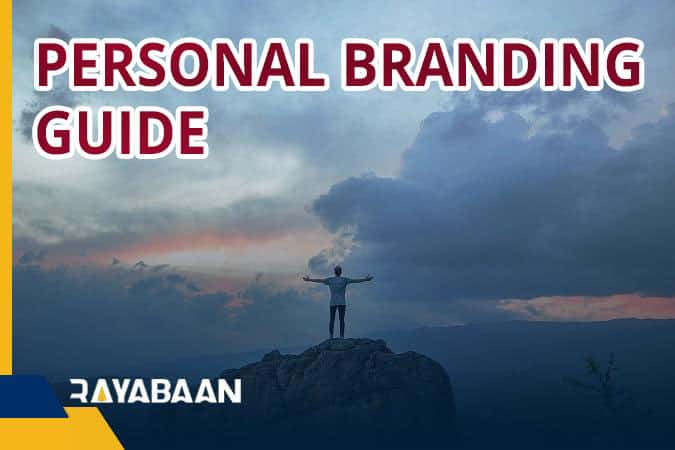Personal branding guide
We have been witnessing the trend of personal branding and its importance in our personal and professional lives for some time now. But what exactly is a personal brand?
Whereas personal branding is an internal journey to discover one’s identity, values, traits, and abilities. To achieve a happy and successful life Thus, a well-founded and dominant brand responds to the needs and expected benefits through reflection. must be cultivated.

Personal branding guide
The first approach is the yellow approach, here are some tips for having a strong personal brand, hashtag, etc. refers to general expressions such as
The second way is the buying way, in the sense that you will collect like a product that will fly for a hundred years at night!
“This is the plan of operation, you are sure to be rich, dress like this, wear a certain type of clothes, drive a car, even rent, instead of saying others give you a name, give you a nickname that people call you. By this name you are known
It really doesn’t matter if you’re an expert or not, you have to present yourself in a way that people know you and you’ll eventually become an expert.

It is the audience that selects the headlines and content for you based on the experience and knowledge they provide.
At the beginning of building any brand, including product, organizational and personal brand, we need to research to know the following things:
personality, aspirations, available resources, capabilities, attributes, expected benefits to the audience, and the image of the brand category in the minds of the audience.
2. Desires
3. Strengths and weaknesses
4. Differences
5. Interests
6. Individual characteristics
7. Education, experience, and services that may be provided
8. Records and previous
9. Public and work environment
10. Location and required area
11. Brand image in the eyes of the audience
It is at this stage that a person comes face to face with himself.
It should measure itself with four internal, external, knowledge, learning, and financial indicators and extract its value.
From the perspective of the audience, the brand image is the impression that the audience gets in their mind when they meet and get to know the person, such as their personality, characteristics, background, experience, knowledge, etc.

First, to reduce the deviation, the audience categories and the number of respondents should be increased.
Outlier data should not be used.
Mentioned negatives and weaknesses are more important because people spend more honesty on the negative.
Very direct and surprising questions can make the audience reveal more points and reduce self-censorship (eg: their success is due to the relationship between the party and the father, etc.)
For this purpose, the researcher must extract the appropriate image from the response of the audience and based on that, determine the benefits expected from the audience and the value that the individual can offer.
This information can be gleaned from weaknesses, discrimination, expectations, etc.
The opposite of this behavior is to treat the person as an investigator and pressure them to get answers.
Between the two, the interviewer is not motivated and asks predetermined questions like a machine.
The difference in the results of these three methods, in the long run, is very large.
Lastly, the branding process is time-consuming and requires patience and regular monitoring.
It should be measured periodically and deviations from the goals and identity should be identified and resolved.
So we need brand builders who don’t see it as work and people who don’t want immediate results.
In this article, we talked about the Personal branding guide, but we think that we can still use your experience to produce a better and more comprehensive report.
Share your experiences with us.
